Resilience Training:Trauma-Informed Teams
Length: 8 hours
Delivery: Live in-person or live virtual
Available asynchronously in January 2024
This eight-hour course provides a comprehensive overview of foundational Trauma-Informed Care principles and practices, which support a safe and brave workplace, ultimately improving outcomes for individuals and communities.
In the course, we explore different types of traumas and the science behind how trauma experience impacts our brain, body, and behavior. We highlight how many current practices of workplaces unintentionally re-traumatize individuals they are meant to help – especially those pushed to the margins of our society – and create vicarious trauma for the staff who work tirelessly to support them. We provide ample time and space for discussions around how trauma-informed principles can be practiced in your workplace/community to overcome the impact of experiencing trauma and promote healing and recovery.
The course can be delivered at once or broken up into intervals.

Course Objectives
Part 1 Learning Objectives:
By the end of this workshop participants will be able to:
Look through a trauma-informed lens when interpreting unusual or challenging behavior in others and ourselves
Identify factors and stressors that can create traumatic events for individuals & communities
Explore different types of trauma and the ways trauma impacts brain, body and behavior
Communicate benefits of a trauma-informed practice for survivors and providers
Practice self- and co-regulation techniques based on the Neuro-Sequential Model
Examine the connection between ACEs and future health outcomes
Part 2 Learning Objectives:
By the end of this workshop, participants will be able to:
- Explain the benefits of TIC for both survivors and providers
- Explore principles of trauma-informed care that promote safety, trust, belonging, and empowerment of diverse individuals and communities
- Reflect on how TIC is or could be practiced in their workplace
- Discuss challenges to their TIC practice, and brainstorm solutions
- Reduce the likelihood of re-traumatization and vicarious trauma in workplaces to promote healing and recovery
- Create a trauma-informed ‘action plan’ with their team, or individually
Helping you help others
- Our bilingual and bicultural trainings place equity at the center of our work.
- Coursework approved for continuing education credit for a variety of professionals.
Interested in this course?
Helping you help others
- Our bilingual and bicultural trainings place equity at the center of our work.
- Coursework approved for continuing education credit for a variety of professionals.

